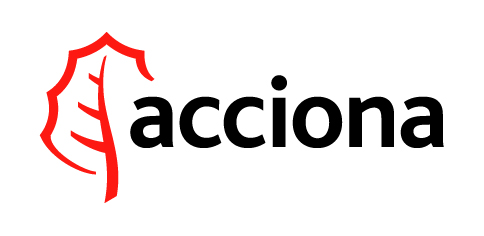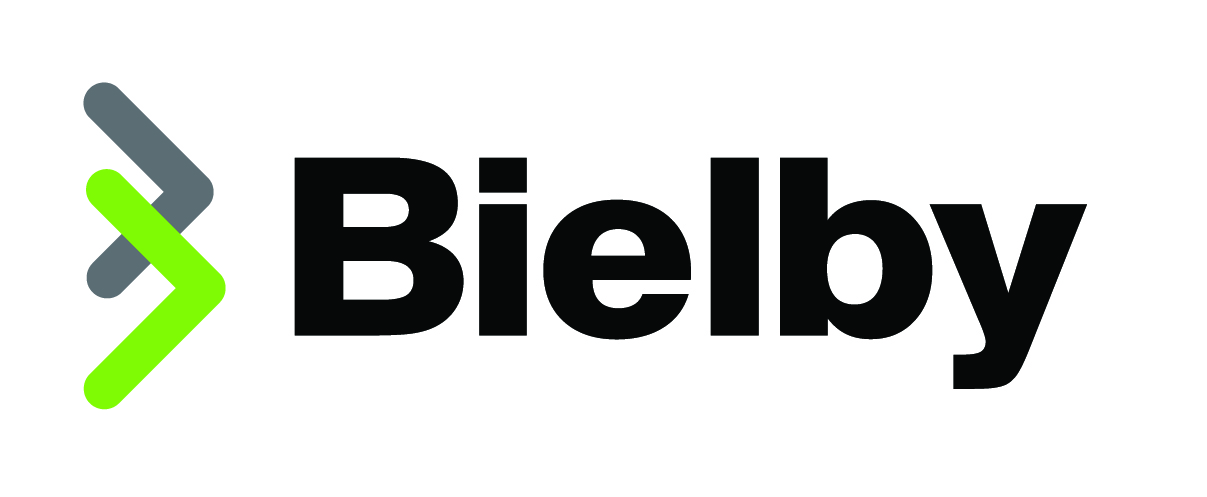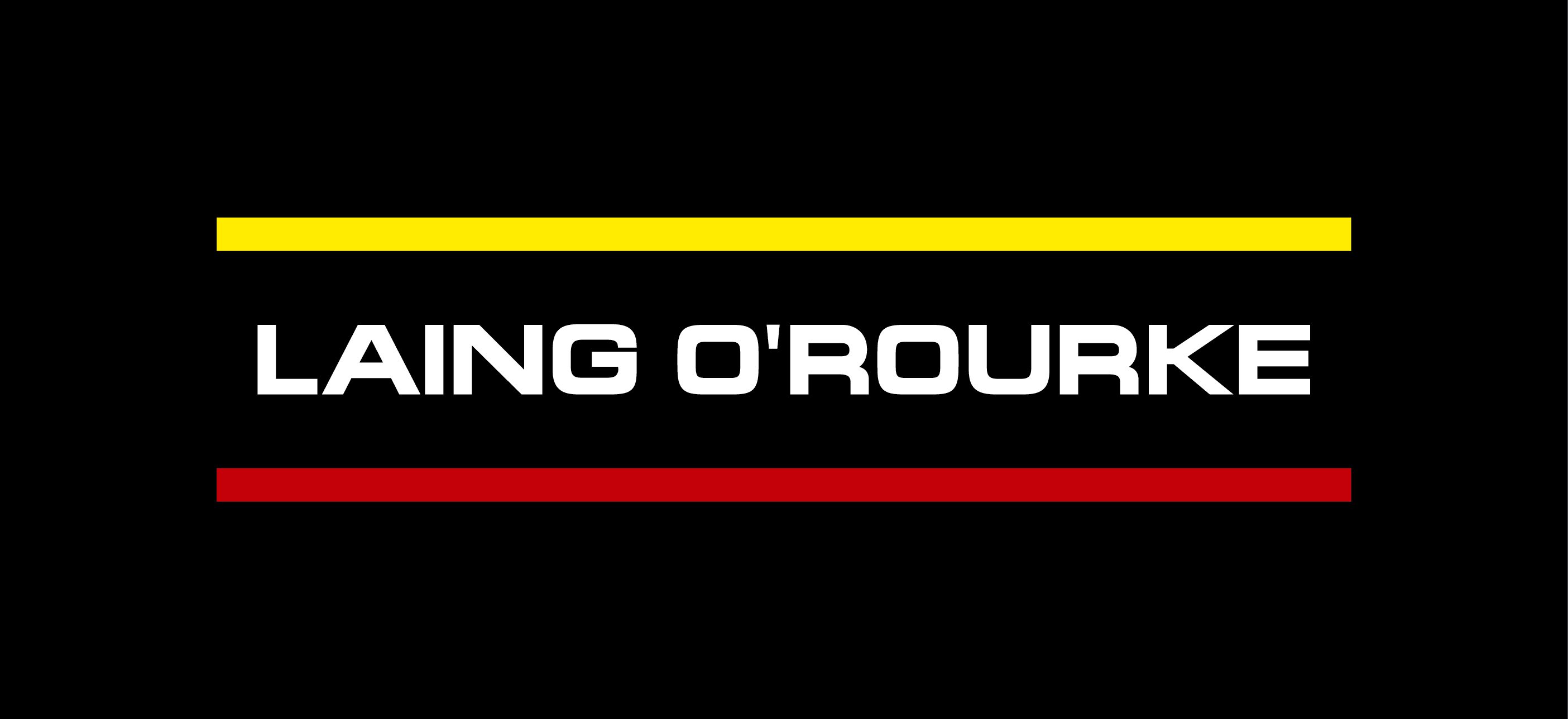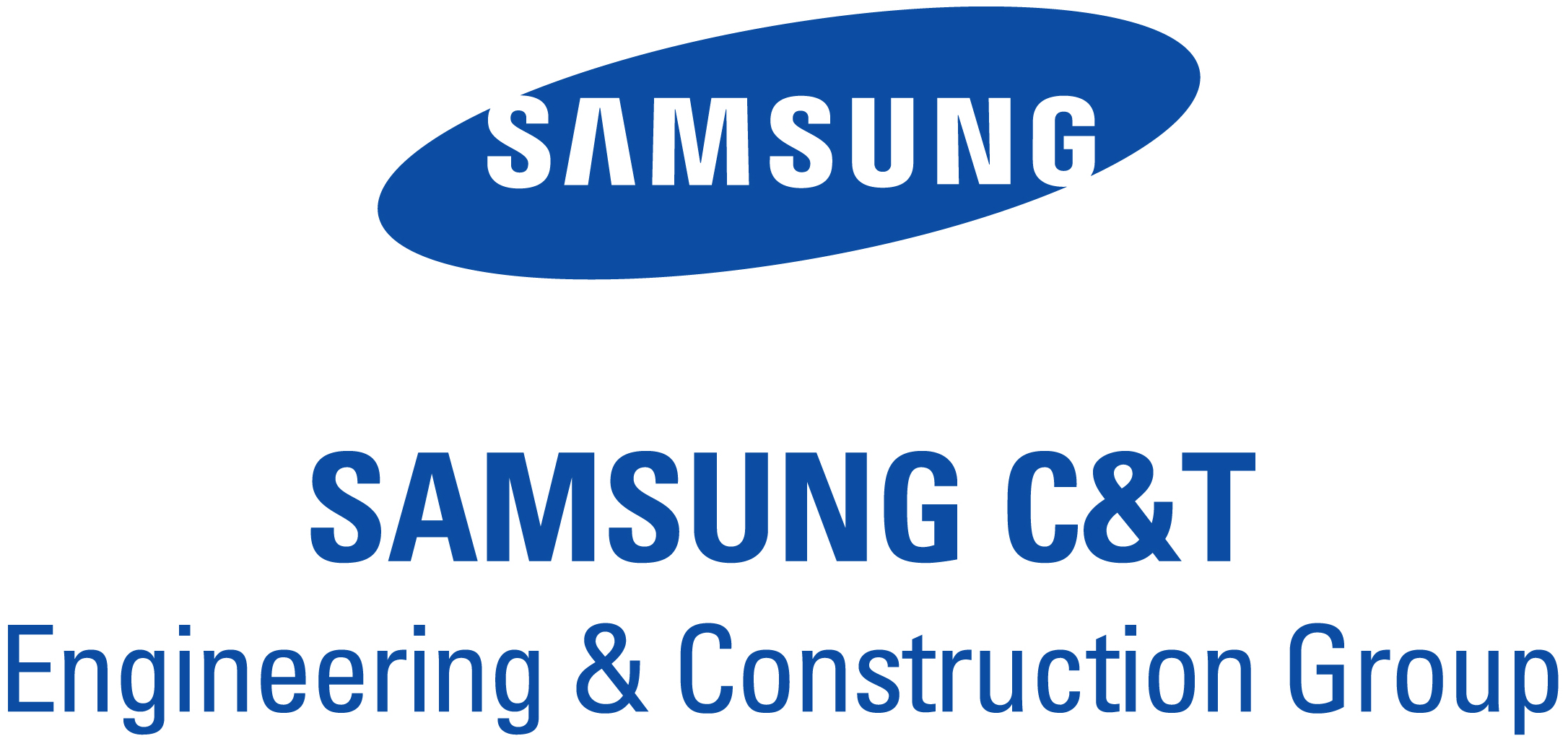
The global phenomenon of Building Information Modelling (BIM) or Digital Engineering (DE) is driving major change in the way public infrastructure is procured, delivered, operated and maintained. It has been said that DE can provide better and more timely data and information management which leads to better business outcomes – reduced risk, improved safety, cost certainty and improved sustainability. QMCA acutely recognises the importance of DE in delivery and management of infrastructure assets and the many benefits it offers.
The Queensland Government has released its DE policy and the QMCA actively supports the Government in rolling out these digital initiatives through all Queensland Government departments.
To support this, the Queensland Major Contractors Association (QMCA) has developed a DE policy and an implementation framework perspective (outlined below) to facilitate the implementation of DE. At its core, QMCA has identified 6 proposed additional components to the Queensland Government’s DE policy focusing on a collaborative and supportive approach to make the changeover an efficient and workable model for both industry and government.
The 6 identified components QMCA seeks to collaborate on with government are:
- Vision
- Collaboration and Information Management
- Capability
- Technology and Innovation
- Standards, Methods, Procedures
- Governance, Contracting & Legal
Vision
QMCA recognises and embraces DE as a key enabler in delivering productivity benefits, time/cost certainty and innovation to QLD contracting projects. QMCA has a strong desire to work with the Queensland Government to transition from the current state of play of Analogue / PDF/2D with ad-hoc DE requirements to a fully digital method & environment.
QMCA will fully support the Queensland Government to progressively implement these principles across all major government construction projects, valued more than $50 million in capital costs, from 1 July 2019 with a long-term view beyond 2023 of expanding to all built assets. QMCA supports the progressive implementation starting with existing assets and projects and expanding outward.
Collaboration & Information Management
It is important to understand the principles and procedural application of DE to industry. Working with government to ensure Open BIM standards are utilized for the collaboration and exchange of information and supporting the adoption of Open BIM & ISO specifications that enable Common Data Environments “a single source of truth”.
QMCA looks forward to collaboration with all parts of government to help define resourcing and capability required by all stakeholders to ensure a practical transition and encourage a higher level of commitment to digital transition from all stakeholders. Integral to this is national harmonisation, particularly standards and technical working groups with southern states, so as not to reinvent something already mature elsewhere. QMCA can provide guidance on progress in other regions and work with government to enable constructors to transition from current forms of build detail to full digital construction practices.
Capability
The Queensland Government requires a mechanism to support industry’s adoption of digital methods of working and the QMCA will work with the Government in developing its capability. Some suggestions from QMCA are:
- Leverage QMCA members to aid in DE capability development through advice and recommendations
- Support learning and education frameworks that enable and upskill project supply chain
- Advocacy on learnings and education to support both blue-collar and whites collar upskilling
- Providing knowledge share and lessons learnt on projects.
Technology & innovation
The key objective throughout the DE implementation process is to provide the right solution for the job. It is necessary that QMCA and government work together and provide a cohesive approach and guidance on technology adoption, in particular, solutions used in creation, management and review of digital information. Leveraging on the local and international reach of QMCA members to provide visibility on new and emerging technologies and innovations will help to support and facilitate the adoption of technologies and innovations on contracting projects.
Standards, methods, procedures
QMCA is committed to providing guidance, support and advocacy to procedural changes being adopted by TMR and will work with the government to:
- Facilitate any developments to current procedures being utilised on TMR projects. More specifically those relating to the management and execution of DE practice (BIM & GIS)
- Provide pragmatic support and input that leverages the project experiences
- Support the development Information Requirements (i.e Employers Information Requirements -EIR and Project Information Requirements – PIR) in line with local and international best practices
- Support development of a standard document to be used in project delivery
- Provide advocacy on the application of TMR’s DE approach.
Governance, contracting & legal
QMCA is working with government to clarify how IP and design liability is managed through the digital transition and how associated risks will be managed. This will require changes to procurement planning to ensure that IP, design liability and associated risks are suitably dealt with in the contract.
Consideration should be given to utilising a form of contract for DE projects that integrates the design, construct and certification workflows and considers the magnitude/size of the project and the associated risks. The question of how design responsibility and liability is managed during the transition from Analogue/PDF/2D into digital method & environment needs ongoing discussion between government and industry, as does the issue of Professional Indemnity insurance for major projects.
The use of more collaborative forms of contract, such as the New Engineering (NEC) contract suite, to foster innovation and information sharing is proposed as part of the contract and procurement review.
QMCA
The Queensland Major Contractors Association is dedicated to improving the efficiency and sustainability of the construction industry in Queensland.
We believe that this will be achieved by working closely with Government, strategic partners and industry organisations.
Our members include representatives from across the Queensland Civil Infrastructure Supply Chain; all tiers of contractors, design consultants, suppliers, industry startups and legal/professional service organisations.
















